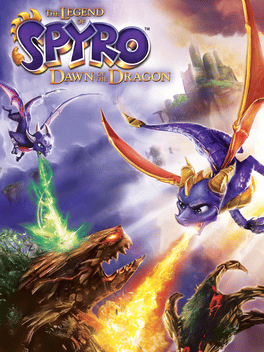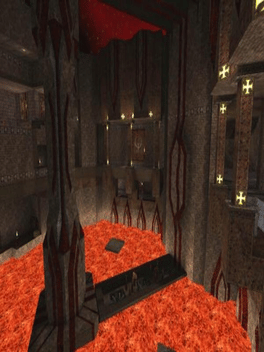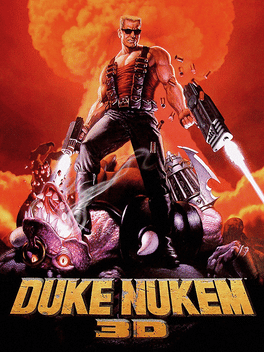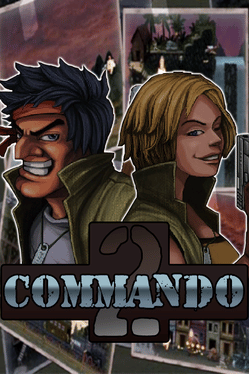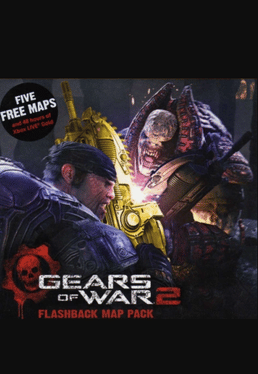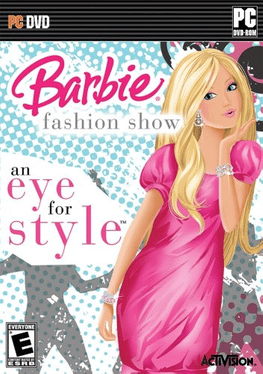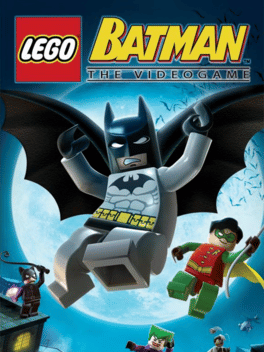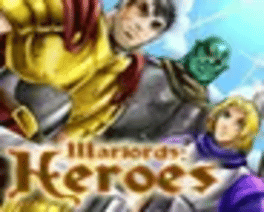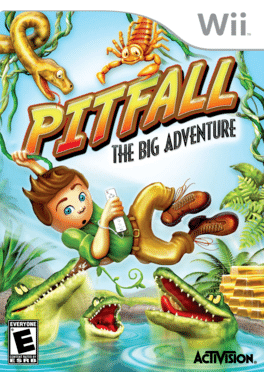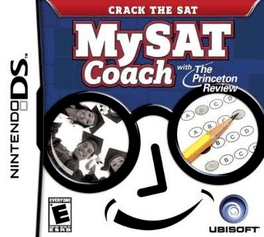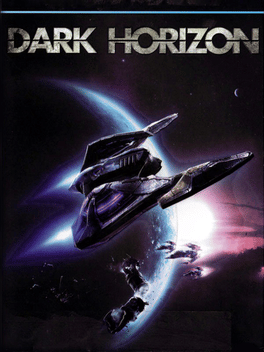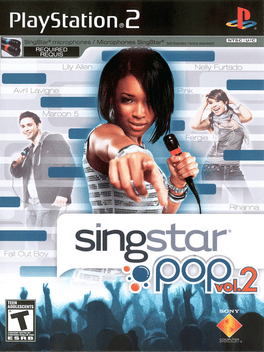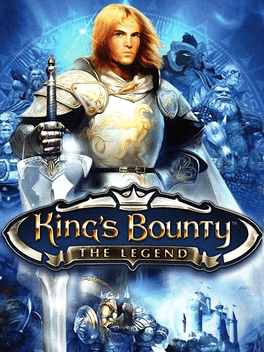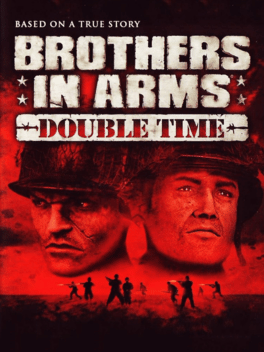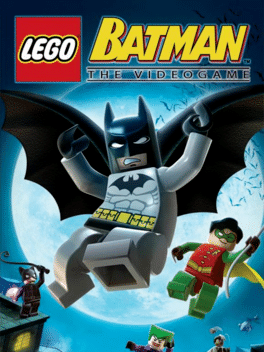New Games - Page 9929
-
Are you yet Living?
2008
-
Duke Nukem 3D
2008
-
Delicious: Emily's Tea Garden
2008
Join Emily for more fast-paced fun in Delicious: Emily's Tea Garden. After rescuing her family business in Delicious 2 Deluxe, Emily has big plans to open her own Tea Garden. But in order to make her dreams come true, she's going to have to earn enough money to pay her construction loans by helping other restaurateurs. Help Emily cater to a wide variety of customers in a number of different locations including a BBQ Grill, Beach Club, and Fine Restaurant. Hire entertainers, decorate each restaurant, and keep up with reservations in two thrilling game modes. More frenzied and more fun than ever, Delicious: Emily's Tea Garden is a vivid treat for the whole family. -
Commando 2
2008
Commando 2
2008
After successfully defending the Allies in Europe our Hero continues the battle where the original smash hit game Commando left off, following the action to the Far East! More missions, more enemies, more explosions, bigger artillery. -
Gears of War 2: Flashback Map Pack
2008
The Flashback Map Pack is the first downloadable content pack (DLC) for the 2008 game Gears of War 2. It came bundled with all new copies of Gears of War 2 at launch. It later became available for purchase for 400 Microsoft points. The third and final way to have it is to own the Gears of War Triple Pack (which includes the original Gears of War and Gears of War 2 + GoW2 DLC). Flashback offers five tweaked multiplayer maps from the original Gears of War: Canals, Gridlock, Mansion, Subway, and Tyro Station; each of which was compatible with Horde mode. -
Barbie Fashion Show: Eye for Style
2008
Design fashion shows to help Barbie get ready for Fashion Week in Paris -
LEGO Batman: The Videogame
2008
Continuing the tradition of adapting known franchises such as Star Wars and Indiana Jones with visuals based on LEGO, this game takes on the Batman universe. The basic concept is the same, with characters and objects built up using LEGO blocks, but here shown against surroundings drawn in a regular fashion. Most of the environments are side-scrolling with a fixed camera perspective, but in 3D with quite some depth. -
LEGO Batman: The Videogame
2008
LEGO Batman offers a unique gaming experience on the DS platform, with new features and characters. Players control Batman and Robin as they work together to defeat enemies and save Gotham City. Each chapter consists of five levels, with a variety of gameplay styles, including platforming, puzzle-solving, and vehicular combat. Players can unlock new characters and abilities, and explore secret areas to discover hidden items. The game features co-op play, allowing players to switch between Batman and Robin at will. Additionally, certain characters have special abilities that allow them to access previously inaccessible areas. With dozens of unlockables and multiple playthroughs available, LEGO Batman offers plenty of replay value for fans of the franchise. -
Warlords: Heroes
2008
Warlords: Heroes
2008
Fight your way through 4 episodes of fantasy battle. Buying fighting moves, amour and hiring henchman to assist you on your journey. -
Pitfall: The Big Adventure
2008
Set in the Peruvian jungle, Pitfall: The Big Adventure combines the action of reptile dodging and vine swinging with clever puzzles. The game will feature over 60 levels spanning lush rainforests, creature-filled caves, and glacial mountains. Within these dynamic worlds, players will explore cavernous jungles, discover lost treasures, battle shamen, narrowly escape treacherous traps and outwit creatures using innovative, accessible game mechanics developed specifically to take advantage of the Wii motion sensing controls. -
Barbie Fashion Show: Eye for Style
2008
Design fashion shows to help Barbie get ready for Fashion Week in Paris -
My SAT Coach
2008
-
Shaun the Sheep
2008
-
Dark Horizon
2008
Dark Horizon
2008
star 7Dark Horizon is a space combat simulator develped by Quazar Studio for the PC. Dark Horizon is the sequel to Tarr Chronicles. -
SingStar: Pop Vol. 2
2008
SingStar: Pop Vol. 2
2008
star 8SingStar Pop Vol.2 for the PlayStation2 represents a wide variety of songs and videos from some of the hottest pop artists on the planet. Featuring hits from artists such as Fall Out Boy, Fergie, Rihanna, and more, Pop Vol.2 really brings the experience of being a pop star straight to your TV. So sing, compete, and keep the party going! -
King's Bounty: The Legend
2008
star 8.7King's Bounty: The Legend is a Real-time / Turn-based Strategy with RPG elements. In a fairy tale fantasy world of fearless knights, evil mages, wise kings and beautiful princesses the player controls a hero. Leading their character through the game world, exploring it, commanding armies in battle and accomplishing various quests can mean great reward or huge defeats. -
Brothers in Arms: Double Time
2008
star 5The title is a compilation of the first two Brothers in Arms games, Brothers in Arms: Road to Hill 30 and Brothers in Arms: Earned in Blood and was developed by Gearbox Software and published by Ubisoft. It features 31 levels set during the Battle of Normandy. The Wii version of the game uses the motion sensing abilities of the Wii Remote and the Nunchuk attachment for issuing battle gestures and squad commands during gameplay. It lacks any multiplayer features. -
LEGO Batman: The Videogame
2008
star 7.4The fun of LEGO, the drama of Batman and the uniqueness of the combination makes for a comical and exciting adventure in LEGO Batman: The Videogame. Play as Batman and his sidekick Robin as you build, drive, swing and fight your way through Gotham City capturing escaped villains including The Joker, Penguin, Scarecrow and more. Then, jump into the story from the other side and play as Batman's foes! Enjoy the power you wield and battle Batman while spreading chaos throughout the city. There is no rest for the good (or evil!). -
Brothers in Arms: Hell's Highway
2008
star 7.5Brothers in Arms Hell's Highway brings the critically acclaimed squad-based WWII shooter into the next generation of gaming with amazing graphics and sound, new cutting-edge gameplay features and a totally redesigned online component.

